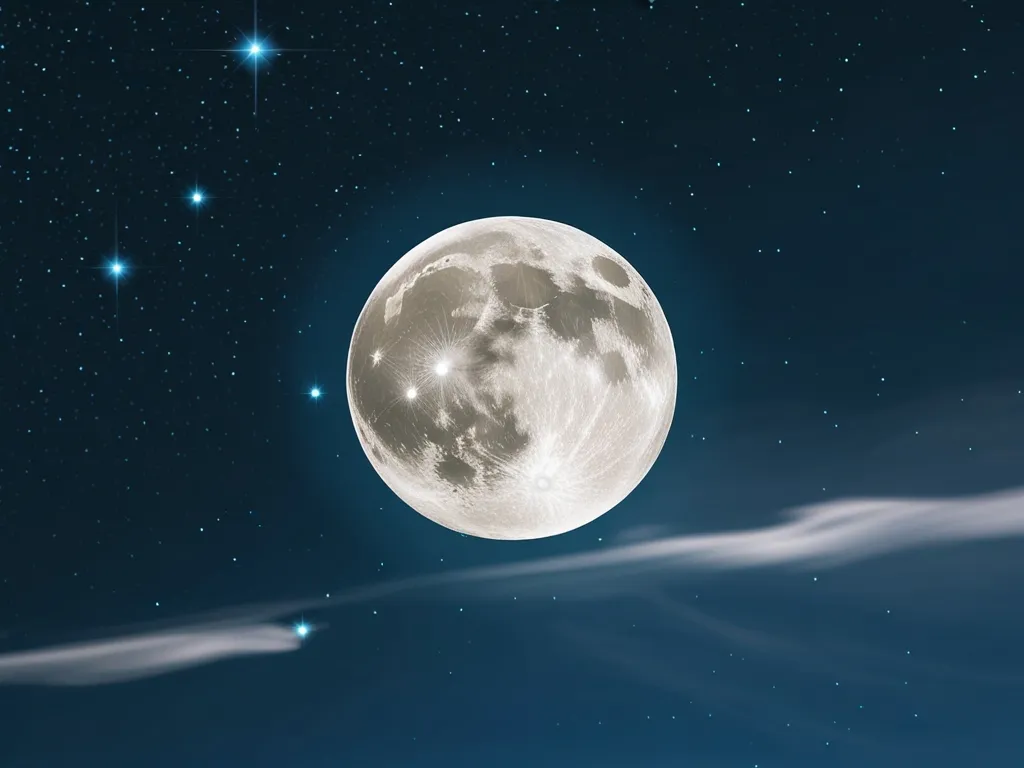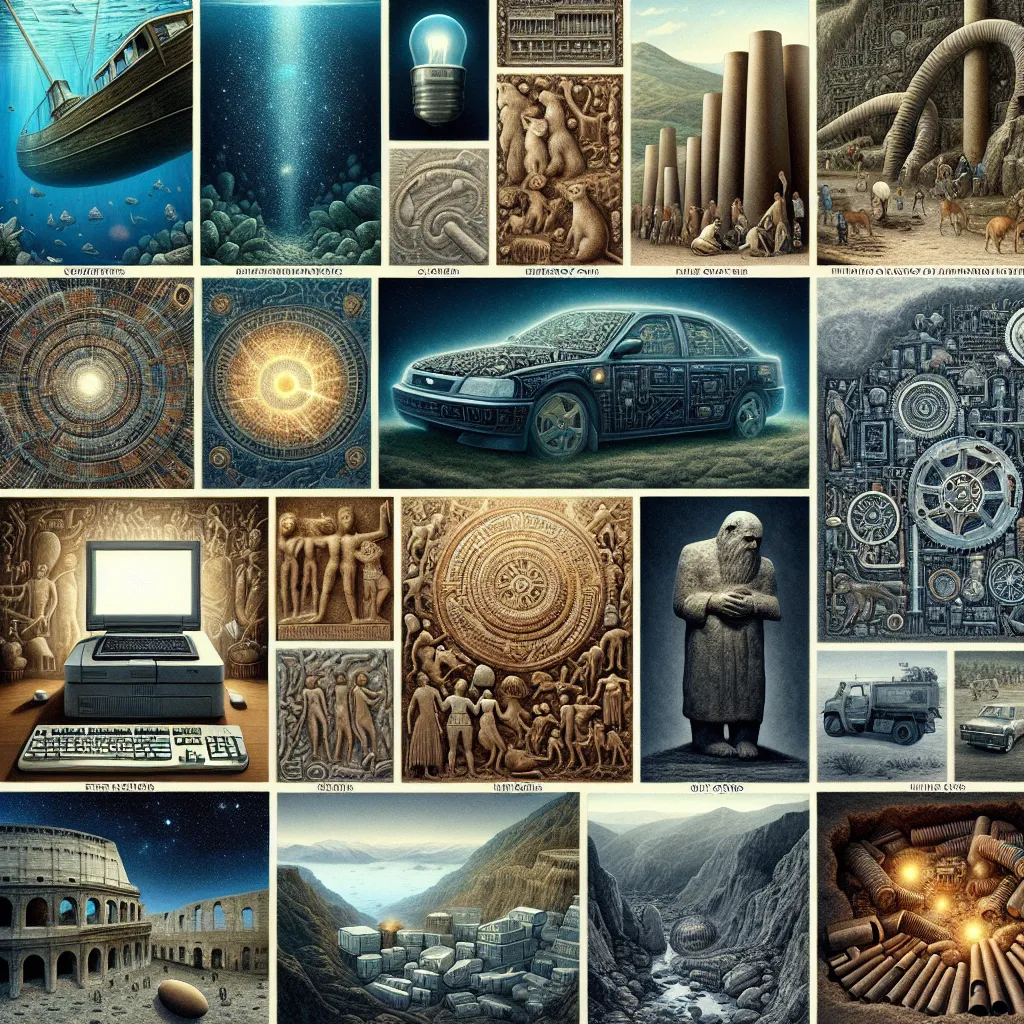The Apollo space flight program ran from 1961 to 1972, and its primary goal was to land the first man on the moon. This was achieved with Apollo 11 on July 20, 1969, when Neil Armstrong made his famous ‘one small step for man.’ Apollo 17 was the final manned moon mission. Although 20 missions were planned, Apollo 18, 19, and 20 were canceled due to budget cuts and decreasing public interest.
Rumors persisted for years that these missions did happen but were cloaked in secrecy. In 2007, a retired astronaut claimed on the internet that Apollo 18, 19, and 20 were real and highly classified. He even posted videos showing what he said were interiors of Apollo spacecraft, and this created quite a stir online. The videos showed a mission patch for Apollo 20, combining the American and Soviet flags, and named astronauts Snyder, Leonov, and Rutledge.
William Rutledge, the alleged commander of Apollo 20, revealed that the mission, which took place in 1976, aimed to explore a huge alien spaceship on the moon. The ship had supposedly crashed there 1.5 billion years ago. According to Rutledge, Apollo 20’s goal was to investigate and if possible, penetrate the spacecraft.
Rutledge and his crew indeed claimed to discover a plethora of intriguing things on the moon, including an “alien woman” in suspended animation. Video footage, photos, and excerpts from Rutledge’s journal were released over time, adding more layers to the thrilling tale. It was later revealed that the videos were a work of fiction created by French artist Thierry Speth, who intended them to be part of a sci-fi film project.
Despite this debunking, the Apollo 20 story captured imaginations worldwide. People wanted to believe in the immense possibilities and sensational discoveries that might be hidden from the public. The fascination with secret moon missions persists, largely fueled by the understandable frustration that comes from knowing the Apollo program was canceled not due to scientific challenges but because of budget cuts and shifting priorities towards war efforts over exploration.
In today’s world, NASA’s budget is significantly smaller compared to the vast sums allocated to the Department of Defense. Many space enthusiasts hope that renewed interest by other countries, like China, might push the U.S. to prioritize space exploration once more.
This enduring hope reflects humanity’s unyielding curiosity and desire for discovery, even if sometimes it’s cloaked in myth and creative storytelling. And who knows? Perhaps the dream of venturing beyond our planet’s borders will once again become a priority, leading us to profound and real revelations about our place in the universe.






